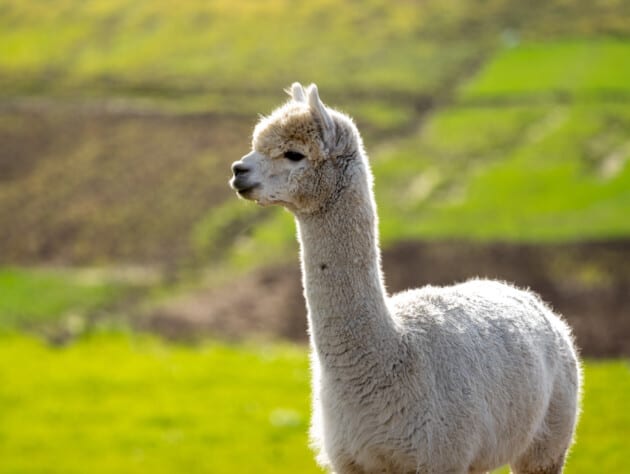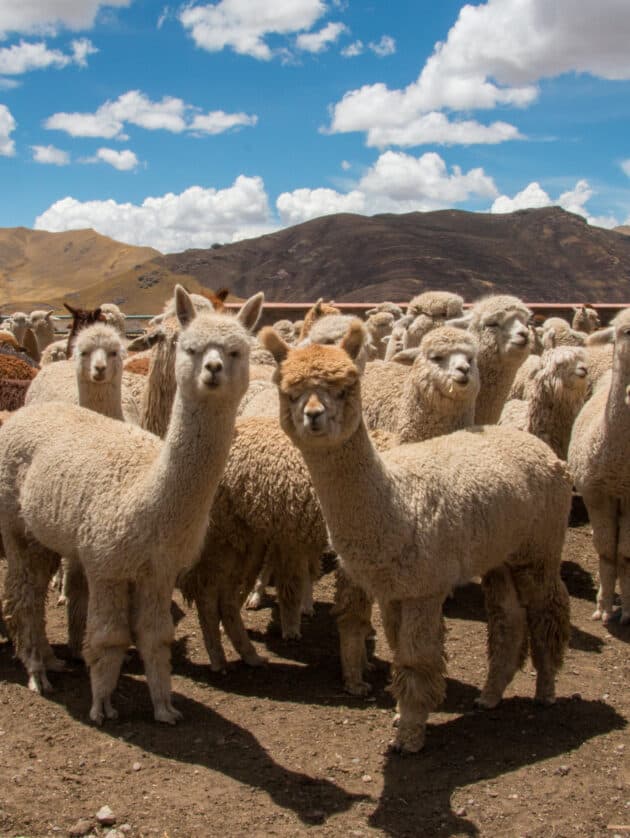The Responsible Alpaca Standard aims to improve the welfare of alpacas and the the ecosystems in which they are raised
The Responsible Alpaca Standard (RAS) is a voluntary standard that requires all sites, from alpaca farms through to the seller in the final business-to-business transaction, to be certified. RAS farmers and ranchers are evaluated against animal welfare, land management, and social requirements set in the standard.
We’re moving to a more unified standards system
In 2021, we began a sweeping revision of our standards framework to develop a harmonized system that incorporates our current suite of standards, and outcomes focused on our climate and nature strategy. We are currently finalizing the pilot version 1.0 of the unified standard, to be released in 2025. Sites that are currently certified, or pursuing certification, to our current standards should keep an eye on updates as the timeline progresses. For more information on the timeline, transition, and relevant information regarding recycled alpaca fiber, please visit the Standards Transition page.
Learn moreGOALS
Setting criteria for progressive agricultural practices that are better for animals and the land

HOW IT WORKS
Incentivizing best practices and managing chain of custody

DEVELOPMENT
Previous revisions and changes
Version 1.0 of the Responsible Alpaca Standard was released on April 20, 2021.
Frequently Asked Questions
If you have a question not answered here, get in touch with us directly, and we’ll be happy to answer it for you.
Are Textile Exchange standards recognized globally?
Yes, all our standards apply globally. You can use our logos worldwide as long as you meet the requirements for logo use and claims.
Do you have translations of your standards available in other languages?
Visit the Document Library to see all standards documents. For some, translations are available.
Can I use your standards to know the identity of an alpaca farm?
Our standards aren’t designed to provide full supply chain transparency. If you’re interested in doing the work of identifying all of sites, then you need to work directly with your suppliers and request that they disclose their sources to you. We are working on the development of a traceability system, however. You can learn more here.